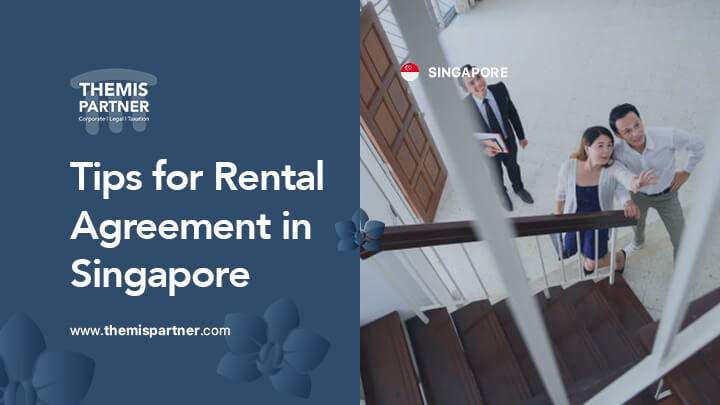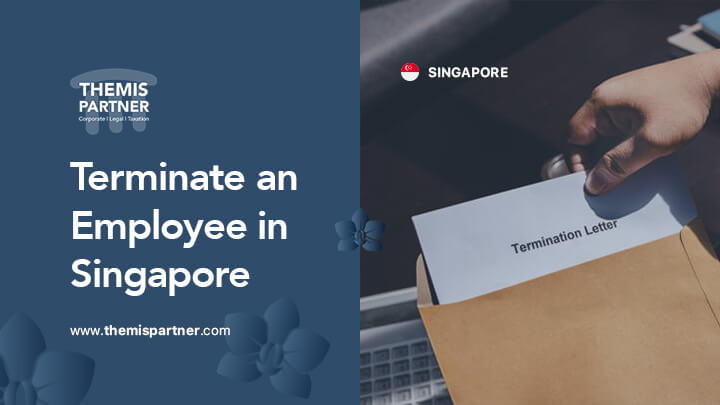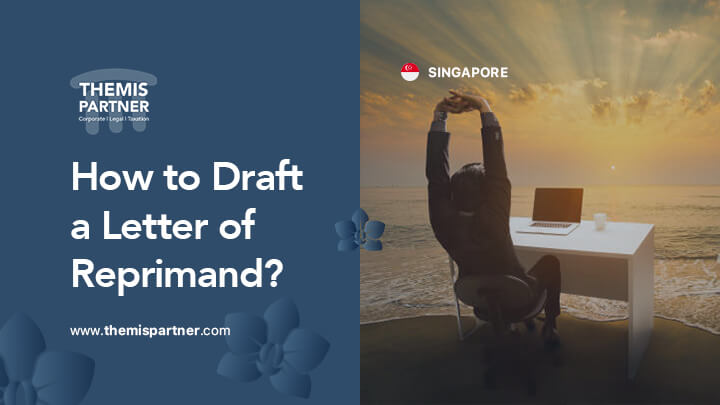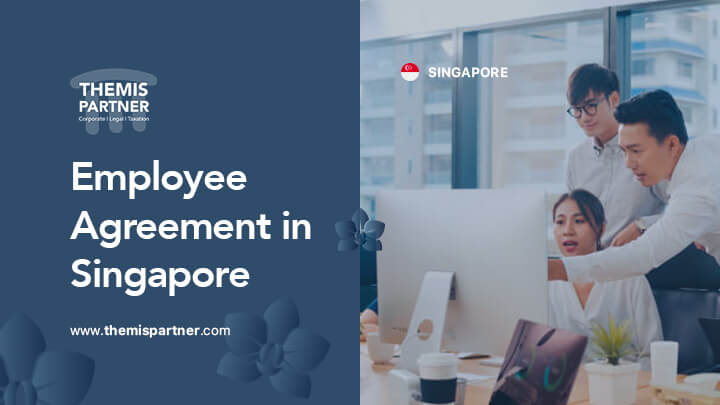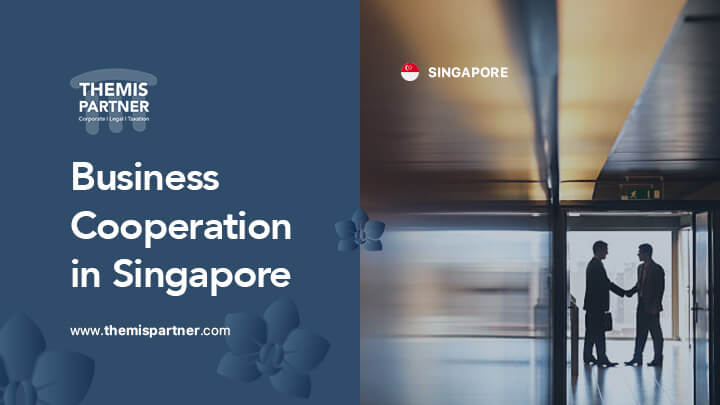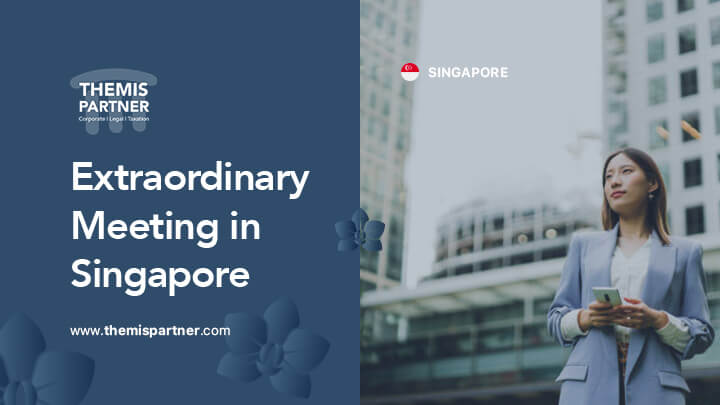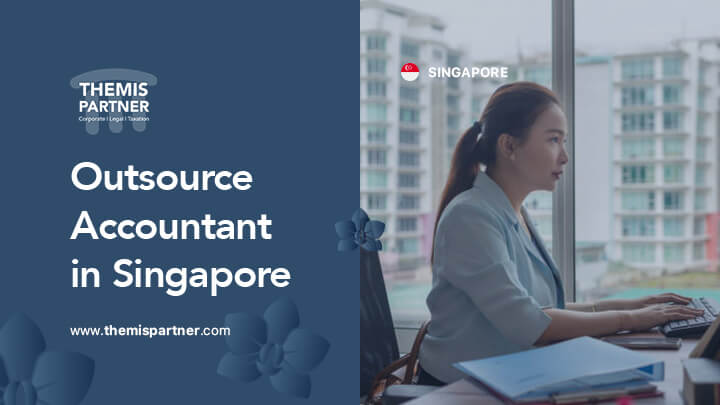How to benefit from tax exemptions in Singapore?
The overall corporate tax rate in Singapore is 17%. In order to make Singapore an attractive investment destination, income tax rates in Singapore have been steadily decreasing. In addition, thanks to the tax exemption and incentive programs offered by the Singapore government, the effective tax rate for businesses can be significantly reduced. Indeed, Singapore offers various benefits, tax exemptions and subsidies, especially to ease the burden on companies at the start-up stage of their business and to encourage investors to expand their business in Singapore.
All companies are required to file corporate tax returns on an annual basis. Tax exemption will be applied accordingly when calculating tax and preparing the relevant tax form (Form C-S Lite/C-S/C). All corporate tax documents must be filed annually by November 30 of each year.
ℹ️ Contact a specialist lawyer at Themis Partner who will help you to take advantage of the best benefits of Singapore’s corporate tax exemption regime.

What about the tax exemption for startups?
First of all, there is the tax exemption regime for start-up companies: Start-Up Tax Exemption – SUTE. Indeed, this regime allows to reduce the amount of corporate tax that new companies must pay on their taxable income, during the first years of their incorporation. This scheme was introduced in the 2005 assessment year by the Inland Revenue Authority of Singapore (IRAS) to encourage entrepreneurship and support local businesses.
On the one hand, it is necessary to define the scope of the scheme: the SUTE will apply for the first 3 consecutive years of the business. The exemption of taxes starts to run from the first year, even if the company has not yet realized any taxable income. Therefore, if the company does not start earning taxable income until its third year of operation, it will only be able to benefit from one year of tax exemption under this scheme.
Therefore, the corporation’s first fiscal year must be determined. The date of the company’s first financial year depends on the date chosen as the company’s financial year-end when it was incorporated and the date of the closing of its first set of accounts.
On the other hand, this regime applies to the normal taxable income. Normal taxable income is the corporation’s taxable income (e.g. investment income) after deducting allowable business expenses (e.g. employee medical expenses).
ℹ️ Income is taxable when earned in Singapore or received in Singapore from outside Singapore.
What is the amount of the tax exemption?
New companies benefit from the following taxation (for the first 3 years of operation):
| ➤ 0% tax on the portion of profits from 0 to 100,000 SGD |
| ➤ 8.5% tax on the portion of profits from SGD 100,000 to SGD 300,000 |
| ➤ 17% tax on the portion above SGD 300,000 profit |

